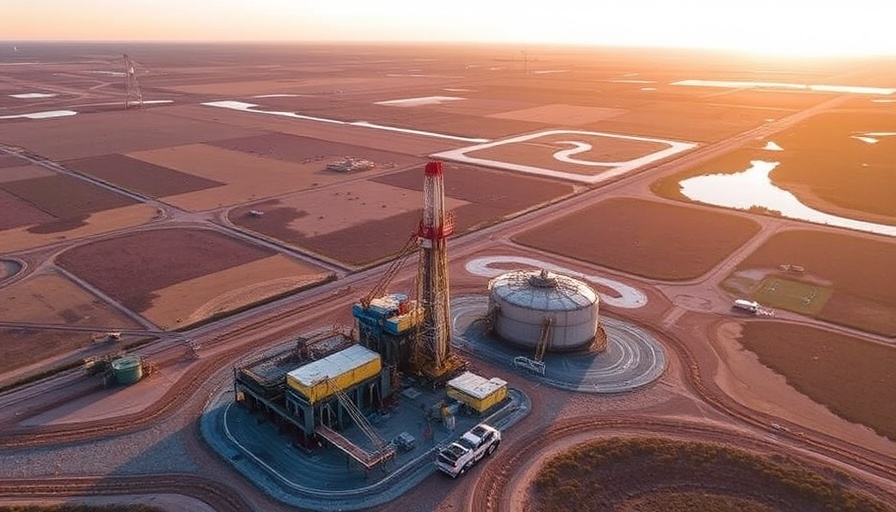
Tanzania's Gas and Oil Sector at a Crossroads
Tanzania is facing significant obstacles in attracting investors to its oil and gas sector, a situation exacerbated by the slow progress of a major $42 billion Liquefied Natural Gas (LNG) project. As state and private entities gear up to auction 26 offshore blocks, comparable projects in neighboring regions are drawing more investor interest. Experts attribute this lack of traction to the protracted timeline of the LNG development associated with multinationals Shell and Equinor, raising concerns over Tanzania's competitive edge in the energy market.
The Ripple Effect of Delayed Projects
Energy minister Doto Mashaka Biteko recently reassured stakeholders at the 11th East African Petroleum Conference that negotiations for the LNG project are progressing, but timelines have been pushed back from a projected Final Investment Decision (FID) of 2025 to potentially as late as 2028. This has not only stalled the LNG project's development but has also reportedly discouraged interest in new exploration, leading potential investors to question the viability of Tanzania's oil and gas market.
Funding Bottlenecks and Global Pressures
According to President of Zanzibar Dr. Hussein Ali Mwinyi, financial backing is a critical barrier faced by new projects. With increasing global scrutiny on fossil fuel investments, energy financiers have pulled back, citing climate change as a growing concern. This aligns with insights from a recent report noting that Tanzania's natural gas reserves—among the largest in Africa—demand innovative strategies to attract funding, particularly as environmental concerns gain prominence.
Strategic Importance of Tanzania’s Oil and Gas Industry
Tanzania holds the fifth-largest recoverable natural gas reserves in Africa, and its planned natural gas pipelines to Kenya and Zambia could provide significant regional energy solutions. However, without actionable strategies to revitalize investor interest and ensure timely project execution, Tanzania risks not capitalizing on the regional and global gas demands that could bolster its economy.
Opportunities Amidst Challenges
Despite the current hurdles, there remain remarkable opportunities within Tanzania's petroleum landscape. Stakeholders at various levels must pivot towards addressing infrastructure and financial gaps while balancing the urgent commitments to environmental sustainability. Developing a clear, reliable timeline for the LNG project and engaging directly with investors can realign Tanzania’s oil and gas narrative in a competitive global market.
 Add Row
Add Row  Add
Add 


 Add Row
Add Row  Add
Add 

Write A Comment